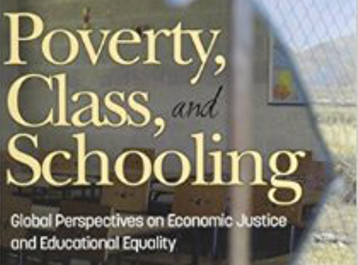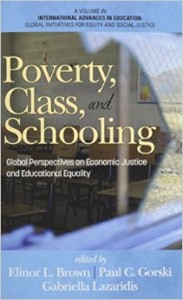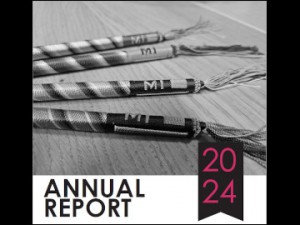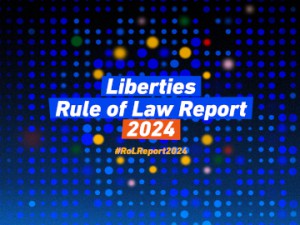Migrant education and employment equity in Slovenia: officially coveted, factually negated
26. 1. 2015 | Human Rights and Minorities

This is a book chapter written by Veronika Bajt and Mojca Pajnik arguing that despite the formal preference of EU migration policies to attract highly skilled migrants who could fill deficit professions in national labour markets, migrant education remains devalued, unrecognized and frequently denied. The majority of migrants – particularly “third country nationals” – are often perceived as an uneducated, low-skilled, replaceable workforce that is to create economic profits or be easily discarded.
Authors argue critically that the factual migrant skills and prior education do not fit the still prevailing EU labour market demands for cheap, hardworking and low-skilled workers. Stemming from two international research projects on migrant integration, the chapter uses a comparative approach to show the prevalence of migrant men and women’s deskilling. Applying a narrative biographic interview method, the migrants’ actual experiences and voices provide a unique view of the numerous barriers they encounter in the field of recognition of education, language integration and access to reskilling possibilities. Focusing particularly on Slovenia, the authors highlight the need to recognize the potential of migrants’ educational background and skills, award recognition to educational systems of non-EU countries, and employ flexible reciprocal mechanisms of multicultural integration.
For more information about the book see:
http://www.infoagepub.com/products/Poverty-Class-and-Schooling
The project uses material that was collected during two projects: PRIMTS – Prospects for Integration of Migrants from “Third Countries” and Their Labour Market Situation: Towards Policies and Action and FeMiPol – Integration of Female Immigrants in Labour Market and Society: Policy Assessment and Policy Recommendations.
This chapter is part of a book entitled Poverty, class, and schooling : global perspectives on economic justice and educational equity, eds. E. L. Brown, P. C. Gorski, G. Lazaridis, Charlotte: Information Age Publishing.





